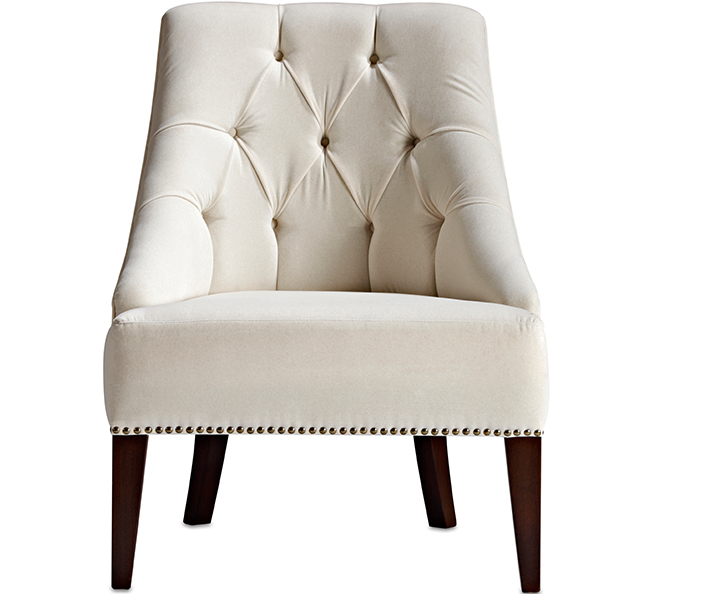Seasonal allergies are no fun, and in Florida, the symptoms can be severe. A wide variety of unpleasant symptoms are associated with seasonal allergies, including:
- Sneezing
- Coughing
- Runny nose
- Itchy and watery eyes
- Fatigue
If you have a loved one who is enjoying their retirement in assisted living facilities in St. Petersburg, Florida, they may need some help managing their symptoms during allergy season.
Dealing with Allergies at Assisted Living Facilities in St. Petersburg, Florida
In Florida, the primary causes of allergies are ragweed and mold, both of which reach peak growing conditions in the summer and fall seasons. Mold thrives especially well in moist and humid conditions, and the summer humidity in Florida creates the perfect environment for mold growth in a variety of settings.
Whether mold, ragweed, or seasonal pollen are causing your loved one’s allergic reactions, there are several ways you can help them mitigate their symptoms within independent living facilities in St. Petersburg, FL.
Limit Time Outside During Daylight Hours
Though it may seem strange to suggest staying indoors during the sunny summer months in Florida, this is one of the best ways to avoid bad allergy symptoms in the state’s most humid time of year.
Pollen counts are highest during the day, so your loved one will have an easier time avoiding bad allergies if they limit their outdoor activities to the evening.
Keep the HVAC System Clean
Your family member’s HVAC system keeps them nice and cool during the hot summer months in St. Petersburg. However, did you know that an improperly cleaned AC unit can cause allergy symptoms?
This is largely because the unit collects dust and pollen from the outside, which gets ventilated throughout the home and can cause allergic reactions.
Use Protective Gear While Gardening
Gardening is a popular pastime among residents in independent living communities, but interacting directly with plants can be a significant cause of allergy symptoms. That’s why it’s so important to urge your loved one to always wear gloves and a mask while gardening to reduce contact with allergens.
Avoid Planting Allergy-Inducing Flowers
If your family member has a passion for gardening, encourage them to avoid plant and flower options that tend to cause allergic reactions. Some plants that commonly cause allergic reactions include flowers like daisies, chrysanthemums, and sunflowers, as well as other plants like juniper, wisteria, and cypress.






